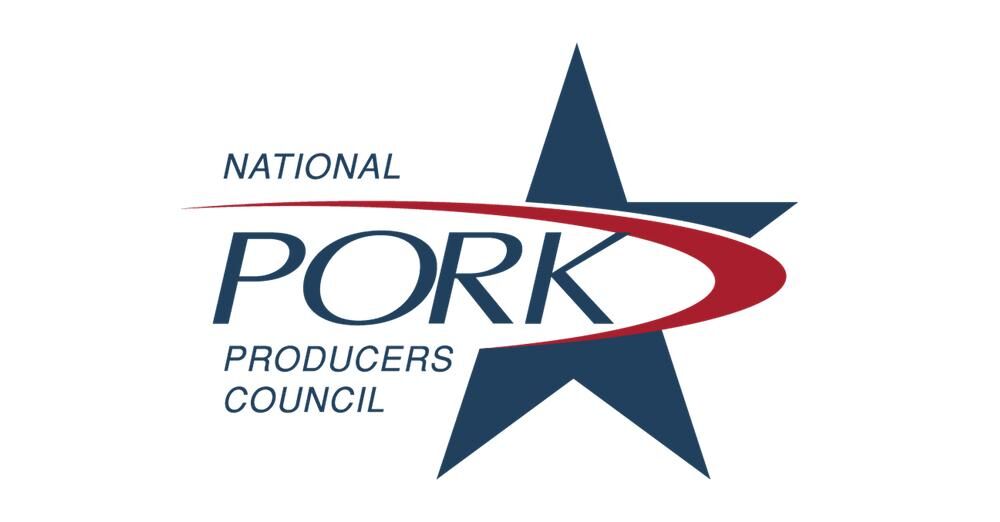Vietnam has confirmed it will lower its Most Favored Nation tariff on imported frozen pork to 10% from 15%. The reduction is expected to be implemented on July 1, 2022. Getting better market access to Vietnam, a major pork-consuming country, has been a top trade priority for the National Pork Producers Council.
Late last year, NPPC Assistant Vice President of International Affairs Maria Zieba testified on the importance to U.S. pork producers of the Vietnamese market and urged the Trump administration not to impose United States tariffs on goods from Vietnam over that country’s alleged currency manipulation. NPPC led recent efforts, including a letter from 70 members of Congress, asking U.S. Trade Representative Katherine Tai to press Vietnam to eliminate tariffs on U.S. pork.
“We thank the lawmakers, led by Reps. Ron Kind (D-WS), Darin LaHood (R-IL), Jim Costa (D-CA) and Dusty Johnson (R-SD), for their support in recognizing the importance of the Vietnamese market to U.S. pork producers,” said NPPC President Jen Sorenson. “Vietnam consumes a lot of pork, but it has been dealing with African swine fever. That has decimated its domestic pork production and increased its reliance on imported pork. The tariff cut will let us send more product to Vietnam to fill its need.”
While the rate reduction will help, because the U.S. does not have a free trade agreement with Vietnam, the U.S. pork industry remains at a competitive disadvantage to pork-supplying countries that do, including the European Union, Russia and nations in the Comprehensive and Progressive Agreement for Trans-Pacific Partnership. CPTPP countries, for example, have a duty of only 7.5% on frozen pork exports going to Vietnam.
Because of Vietnam’s high tariff on and non-tariff barriers to U.S. pork and the lack of a free trade agreement or preferential trade deal between the United States and Vietnam, the U.S. pork industry shipped only about 25,000 metric tons of pork worth $54 million to Vietnam in 2020. For comparison, although Vietnam consumes more pork than Mexico—the U.S. pork industry’s No. 2 export market by volume and a member of the U.S.-Mexico-Canada Agreement—the United States exported more than 735,000 metric tons valued at $1.2 billion to Mexico last year.
NPPC has been urging the administration, which helped facilitate Vietnam’s tariff reduction, to join the 11-nation CPTPP. The United States was part of that trade pact’s predecessor, the Trans-Pacific Partnership, which NPPC strongly supported, but the Trump administration withdrew from the deal before it was finalized. (TPP became the CPTPP after the U.S. dropped out of the former.)



